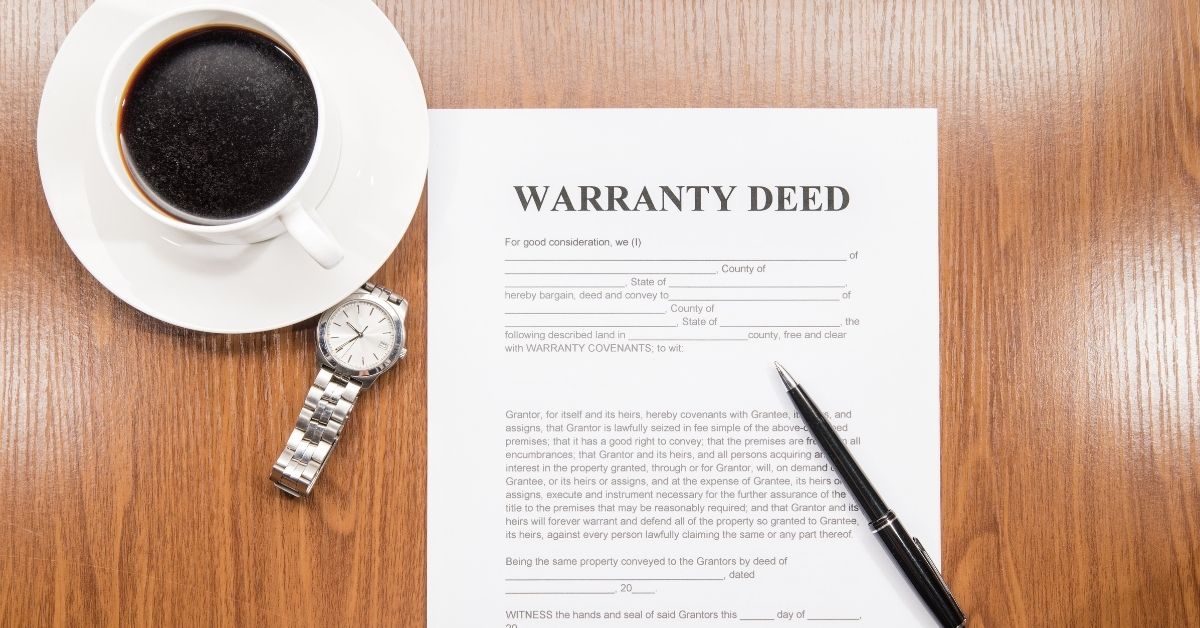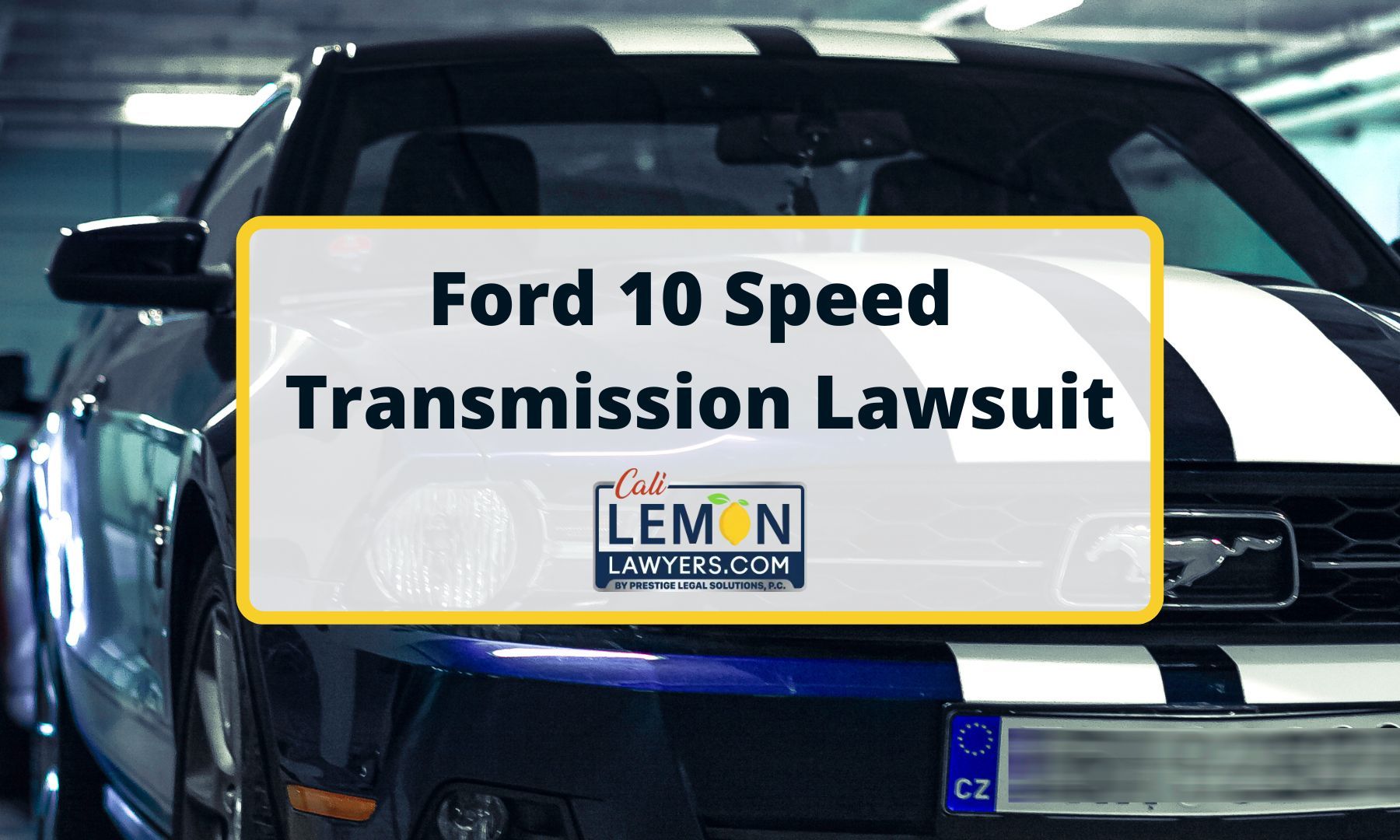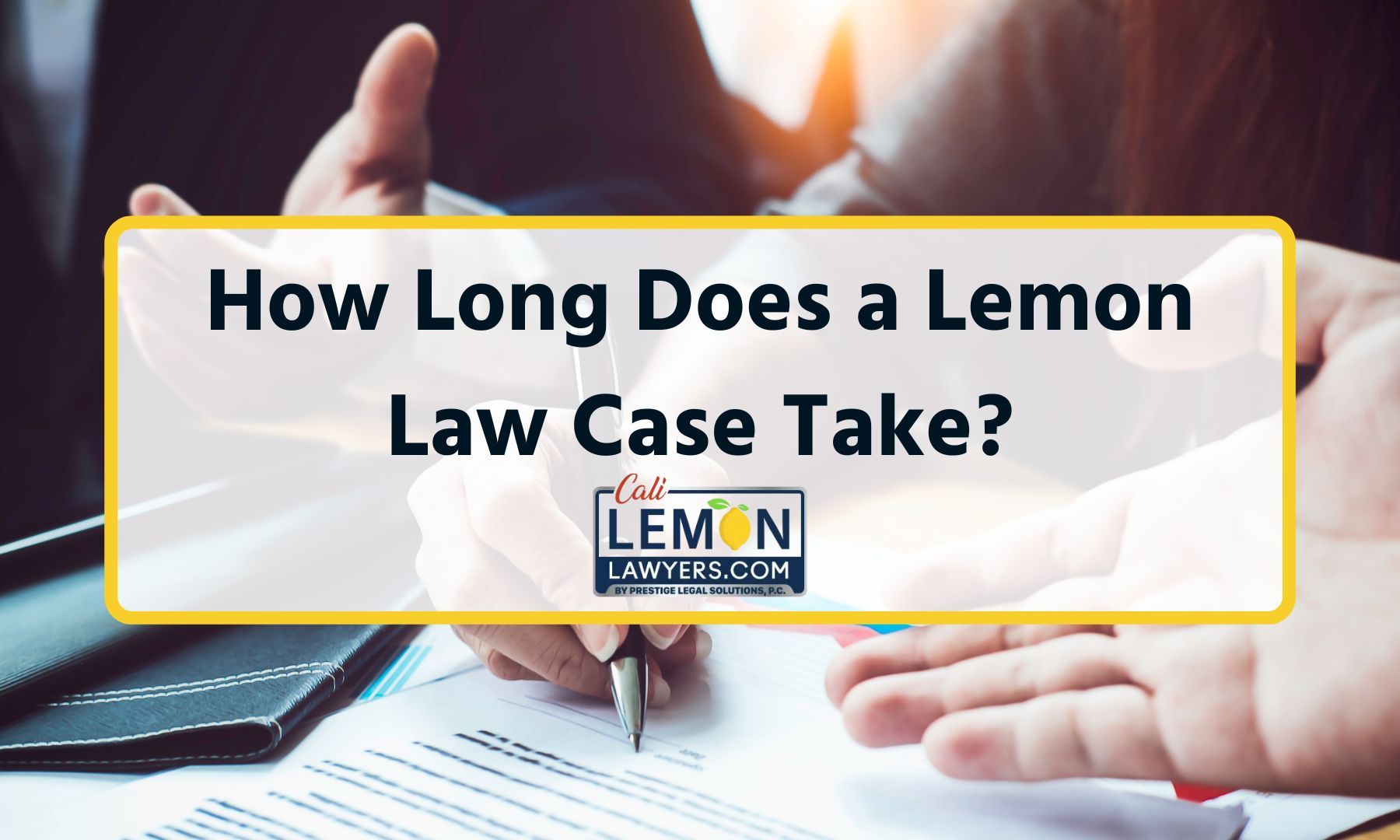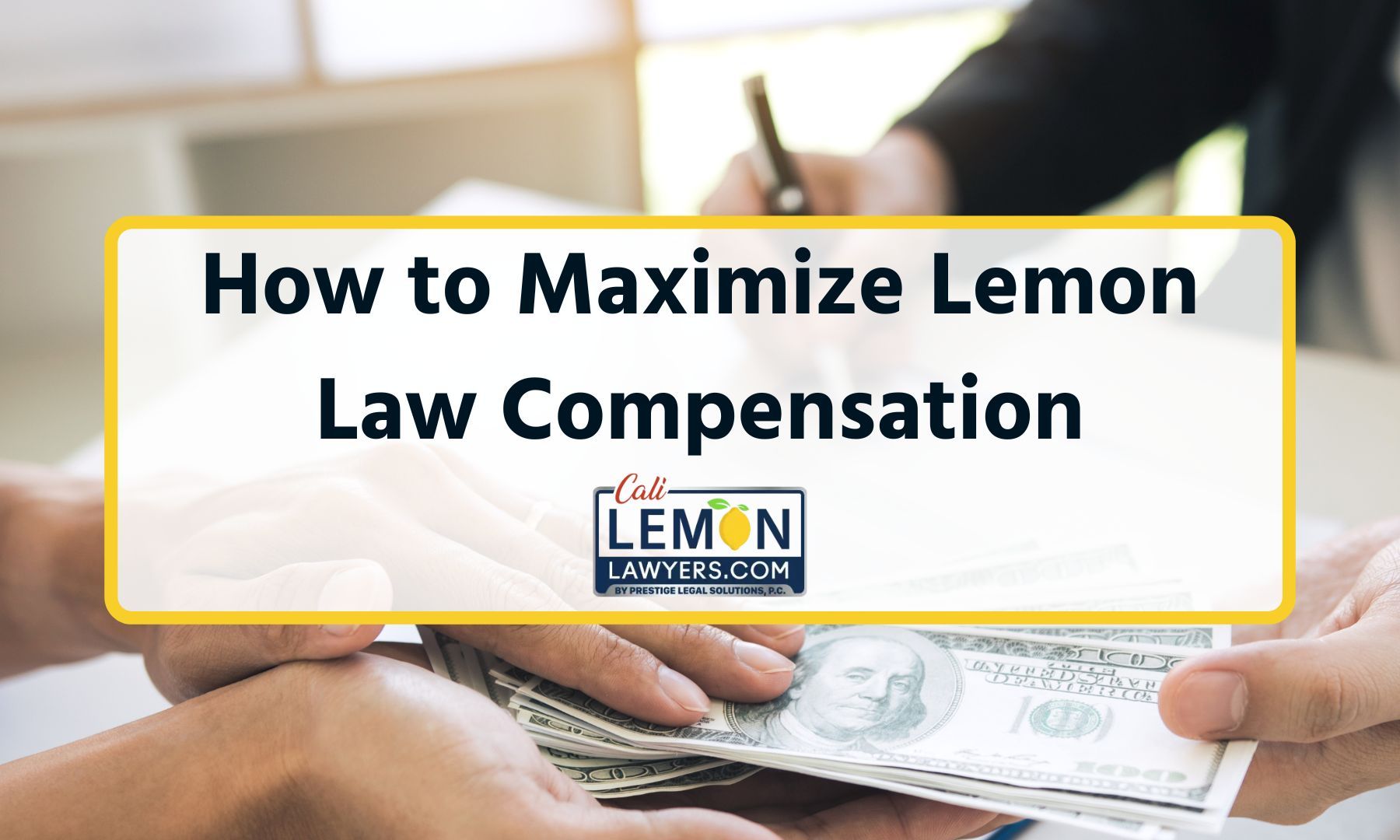What Types of Problems Are Covered By The Lemon Law?
In the landscape of consumer protection, ‘Lemon Laws’ emerge as critical legislation. These laws address defective vehicles – often referred to as ‘lemons’ – including cars and trucks to motorcycles and RVs. Persistent and chronic problems covered by your car warranty, impacting your vehicle’s safety, value, or usability, may qualify it as a lemon. The defects could range from engine stalling, battery faults, to broken windows and radio issues. If you find yourself with a lemon, laws typically offer three paths: cash compensation, a manufacturer’s repurchase or a replacement vehicle.
Contact Cali Lemon Lawyers for a free lemon law case evaluation today. Leverage in-depth knowledge of regulations to ensure your rights are protected and you receive fair treatment.
What is the Lemon Law?
The Lemon Law is a consumer protection law that offers remedies to individuals who purchase or lease vehicles, commonly cars, that fail to meet quality and performance standards. These laws are designed to protect consumers from vehicles that are sold in a defective condition (“lemons”).
Typically, if the vehicle exhibits significant defects within a certain period after purchase or within a certain number of miles—whichever comes first—the buyer is entitled to a remedy from the manufacturer. This often takes the form of a complete refund or a replacement vehicle.
How do Cars Qualify for the Lemon Law?
However, the manufacturer must be given a “reasonable” number of attempts to repair the issue before the law’s protections kick in. The definition of “reasonable” may vary from state to state, but generally, it’s defined as a specific number of repair attempts or a specific amount of time that the vehicle is out of service due to repairs.
Lemon laws vary significantly from one state to another in terms of their coverage and specific provisions. Some laws cover used and leased vehicles, while others only cover new vehicles. Some apply only to vehicles purchased for personal use, while others may extend to commercial vehicles.
It’s important to note that the Federal Magnuson-Moss Warranty Act also provides certain protections similar to lemon laws on a national scale. This law applies to all consumer products, including vehicles, that come with a warranty.
Understanding the specifics of the Lemon Law in your state is key to knowing your rights and remedies should you end up with a defective vehicle.

What Does the Lemon Law Cover?
Manufacturing Defects and Non-conformity to Warranty Standards
The Lemon Law primarily covers issues that arise due to manufacturing defects. These are problems that originate in the factory where the vehicle is made, usually due to faulty components or improper assembly. If your vehicle has a manufacturing defect that causes it not to conform to the manufacturer’s express warranty, it could be considered a lemon under the law. However, it’s crucial to remember that minor defects, such as cosmetic issues, might not qualify under this criterion.
Recurring Problems That Affect the Vehicle’s Performance, Safety, or Value
Defects that Affect Performance
Performance-related defects are another significant category of problems covered by the Lemon Law. If a defect or condition hampers the vehicle’s operation, compromises its performance, or renders it unusable, the Lemon Law could come into effect. This could include problems related to the engine, transmission, steering, or any other essential system of the vehicle.
Safety-Related Issues
The Lemon Law also covers defects that present a serious safety risk. If a fault in your vehicle could cause injury to passengers or other road users, or if it could lead to substantial property damage, it is generally considered a serious safety defect. Examples could include faulty brakes, defective seat belts, and malfunctioning airbags.
Impact on Value
Defects that significantly decrease the vehicle’s market value can also trigger protections under the Lemon Law. Such defects might not necessarily affect the performance or safety of the vehicle, but they could still render the vehicle a lemon due to their impact on the resale value.
Issues Not Rectified Despite Reasonable Repair Attempts
Finally, the Lemon Law is designed to cover situations where the manufacturer or dealer has had a reasonable opportunity to fix the vehicle’s issues but has failed to do so. The specific number of repair attempts required to qualify as a lemon may vary from state to state, but in most cases, if a serious defect persists after multiple repair attempts, the Lemon Law will apply.
The Full Scope of the Lemon Law in California
The Types of Vehicles Covered by the Lemon Law
While most people associate the Lemon Law with new cars, its application can be much broader. The law may apply to other types of motor vehicles as well, depending on the specific statutes in your state.
Cars
Both new and used cars can be covered by the Lemon Law, provided they’re covered by a manufacturer’s warranty. This includes both purchased and leased cars. However, the specifics can vary from state to state.
Motorcycles
In many states, motorcycles are included under the umbrella of the Lemon Law. However, this isn’t a universal rule, and in some areas, motorcycles may be excluded.
Recreational vehicles (RVs)
RVs, or motorhomes, might be covered under the Lemon Law, but this often excludes the portions of the RV that are used for habitation. For these vehicles, only the mechanical components may be considered.
What the Lemon Law Cover: State vs Federal Laws
Each U.S state has its own set of Lemon Laws with varying scopes and specifics. Federal law also includes a provision, the Magnuson-Moss Warranty Act, which serves as a form of Lemon Law covering consumer products, including vehicles, on a national level.
New vs Used Vehicles: Who is Protected?
While Lemon Laws are more commonly associated with new vehicles, the lemon law also covers used vehicles under certain circumstances. If a used vehicle is still under its original manufacturer’s warranty, it may be covered. Some states also have specific Used Car Lemon Laws.
What Types of Problems Can the Lemon Law Cover?
The range of issues that the Lemon Law might cover is as diverse as the vehicles themselves. The anomalies could be apparent right from the moment you drive your vehicle out of the dealership, or they might surface weeks, months, or even years later. Whether minor or major, overt or subtle, the key determinant is that the defect is a nonconformity – a deviation that significantly affects the vehicle’s safety, usability, or value.
In the realm of vehicular safety, some common challenges that might manifest themselves include:
- Engine Issues: These could range from stalling, refusing to start, overheating, hard starting, rough running, lack of power, to misfires, or surging. The appearance of black smoke from the exhaust or problems with turbochargers also fall under this category.
- Transmission Problems: Slipping, jerking, hesitation, hard shifting, or leaks in the transmission fluid are some examples.
- Steering and Brake Concerns: If your car pulls to one side, the brakes vibrate or show signs of premature wear, make abnormal noises, or are outright defective, it could potentially be a lemon law case. Steering vibrations also fall into this bracket.
- Warning Light Alerts: Ignition of the Check Engine Light, Airbag Light, ABS Light, or other warning lights are clear indicators of potential safety threats.
- Fluid Leaks: These could include oil, fuel, coolant, or power steering fluid leaks.
- Electrical Glitches: These might encompass blown fuses, flickering dash lights, malfunctioning headlights, tail-lights, turning signals, brake lights, air conditioning, windows, doors, and more.
- Structural Problems: Defects in suspension, premature or uneven tire wear, and malfunctions in airbags are all severe concerns.
- Unusual Phenomena: Any abnormal noises or signs of the engine running hot could also qualify for lemon law protections.
The Lemon Law shields consumers from a broad spectrum of vehicle defects, and understanding its scope can significantly enhance your consumer protection.
How Does a Lemon Law Buyback Work?
The procedure of securing a lemon law buyback begins with a legal complaint against the manufacturer. This is something that our lawyers can help you with. Since automakers fight hard to defeat lemon law claims and decrease financial payouts, we expect opposition. We, on the other hand, are proactive and know how to win. We are unafraid of the manufacturers’ lawyers, and we are committed to achieving the best possible result for our clients. To win a lemon law case, you need to be able to:
- Demonstrate that the fault jeopardizes the usage, value, or safety of your car
- Make a “reasonable attempt” to have the defect repaired by a mechanic or dealership
This is why you must have proof that you attempted to have the motor vehicle repaired, meaning that you must keep all receipts, used parts, and work orders from every one of your repair appointments.
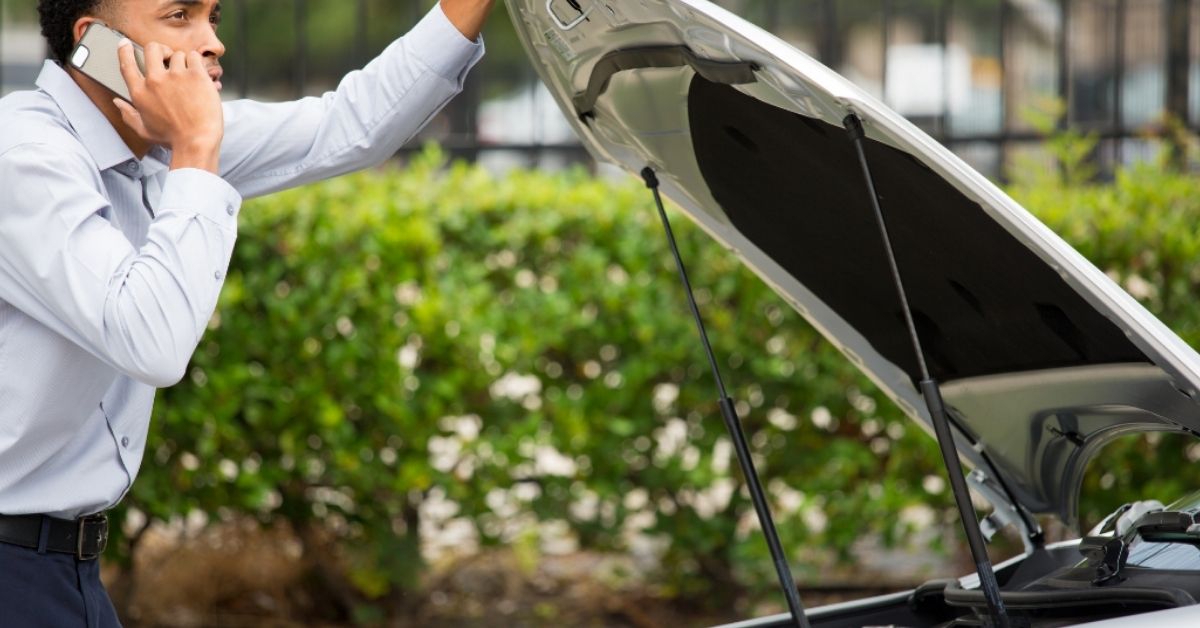
Do Not Drive Unsafe Vehicles
It is critical to recognize that many of the aforementioned auto difficulties make driving a vehicle dangerous. If your car’s engine, brakes, or steering are malfunctioning, you should stop driving it. If your vehicle’s safety features, such as dashboard lights that aren’t working or an airbag that isn’t working, you should be aware that these problems can lead to accidents, injuries, and even death. While some lemon problems are simply inconvenient or expensive, others could jeopardize your safety and the safety of other people around you.
Understanding Your Warranty and What it Covers
Understanding your vehicle warranty is an essential prerequisite for successfully leveraging the protections offered by the Lemon Law. A warranty is a promise by the manufacturer, stated in a written document, that it will stand behind its product for a specified period and rectify any manufacturing defects or failures that may occur.
The Two Types of Warranties
When it comes to vehicles, there are typically two types of warranties that consumers should be aware of:
Express Warranty
An express warranty is the most common type of warranty. It is a written guarantee that comes with the vehicle upon purchase. It covers specific parts of the vehicle and lasts for a certain number of miles or a specified period, whichever comes first. The warranty details what kinds of defects or malfunctions are covered and explains the steps to obtain repair or replacement.
Implied Warranty
Implied warranties are unwritten and unspoken promises that a vehicle will be fit for its intended purpose. There are two types: the “implied warranty of merchantability,” which assures that a product will do what it’s supposed to do, and the “implied warranty of fitness for a particular purpose,” which applies when you buy a vehicle based on the dealer’s advice that it is suitable for a certain use.
Understanding Warranty Terms and Conditions
Before you can take advantage of the Lemon Law, you need to understand the specifics of your vehicle’s warranty. Here are a few key aspects to consider:
Duration and Mileage
Determine how long your warranty lasts and how many miles it covers. Usually, the warranty period is specified as a timeframe and a maximum mileage, and it expires when either limit is reached.
What’s Covered and What’s Not
Not all vehicle parts or problems are covered by a warranty. Carefully review your warranty to understand what’s included and what’s excluded. For example, wear-and-tear items like brakes and tires, or damage from accidents or misuse, are typically not covered.
The Process to Claim the Warranty
Understand the procedure to make a warranty claim. This usually involves notifying the dealer or manufacturer of the problem and taking the vehicle to an authorized repair facility.
Knowing the specifics of your warranty not only helps you make informed decisions when issues arise but also equips you with the knowledge to assert your rights under the Lemon Law if the need arises.
Contact A Lemon Law Attorney Today
We know there are plenty of lawyers out there; however, most of them don’t have the same level of experience or success with lemon law matters as Cali Lemon Lawyers. Our legal team is comprised of the brightest and best in the field. We have hundreds of satisfied clients, of which many of them have written five-star testimonials for us.
Here are a few reasons why you should pick us:
Years of Practical Experience
Our attorneys have a combined expertise of a few decades representing individuals throughout California. During this time we have filed thousands of claims and reviewed over 40,000 potential cases.
Our Attorneys Win Lemon Law Cases
Our attorneys have a track record of success. Cali Lemon Lawyers has a success rate of 99 percent. This, we believe, speaks volumes about our attorneys’ abilities. While we cannot promise the outcome of any one case, you can be assured that your claim is being managed by lemon law attorneys with a proven track record of success.
We Value Our Attorney-client Relationships
Client relationships are important to us. In general, clients are often treated as nothing more than a case file in high-volume law firms. The file is handed around until it reaches a paralegal or junior associate who simply wants to complete it and go on with their life. Cali Lemon Lawyers is a unique duo. We take pleasure in getting to know our customers. It also aids us in crafting settlement agreements that are tailored to their specific requirements.
We Have Knowledge Regarding All Lemon Laws
The lemon legislation in California is an excellent illustration of how a state legislature can empower citizens. In addition, the statute’s text, on the other hand, leaves a lot to be desired in terms of clarity. Our lawyers are familiar with the statute’s intricacies as well as the numerous court decisions that have interpreted it. We put our expertise to work for you.
There Are No Surprises
The majority of the vehicle market in the United States is controlled by a small number of companies. We keep coming up against the same businesses. This enables us to anticipate their responses to accusations concerning specific models and technical flaws. Therefore, you are never in the dark about what to expect as our attorneys explain how these insights may affect your claim.
Get a Free Consultation for Your Lemon Law Coverage Claim
Before you make any choices about a claim, we always review your circumstances with you in a free first consultation. Make sure to contact us for a free case evaluation today! Furthermore, we offer reasonable attorney fees that do not break the bank.
Start Your FREE Case Review
or give us a call at:

Start Your FREE Case Review





